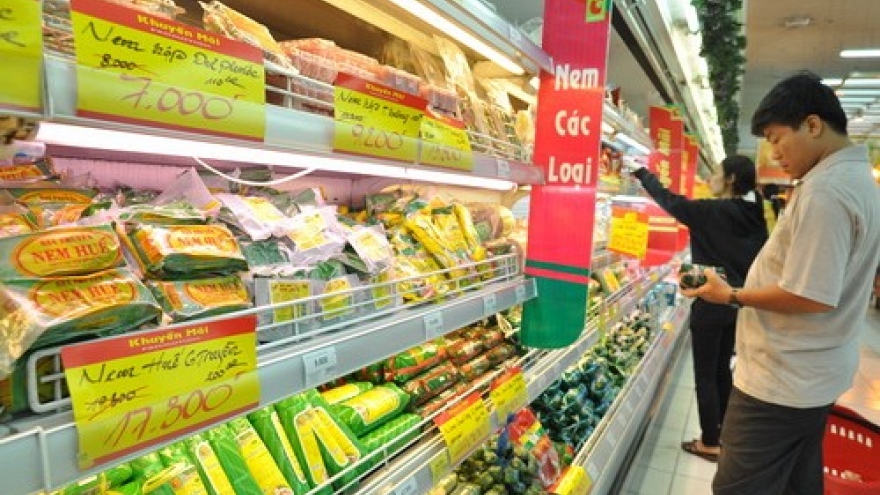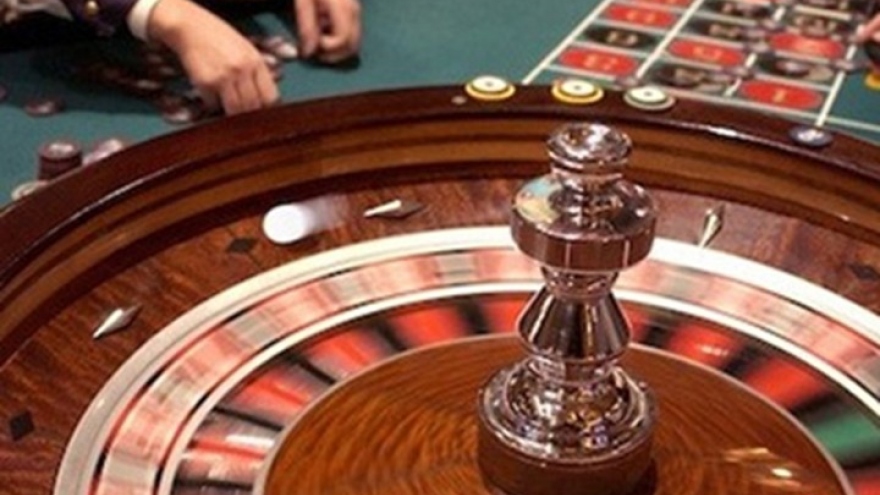Casinos gamble on liberalising decree
Seven years after its first proposal, Vietnam’s government decree on the casino business has yet to be approved despite undergoing many revisions.
 |
Following the beginning of construction, the question of the long-awaited government decree was raised once again, highlighting investors’ eager anticipation of changes in current casino regulations.
Although the draft decree on casino business was first compiled in 2009, it has yet to be adopted despite experiencing several revisions.
Casinos are classified as “conditional” businesses, and so in light of the 2014 amended Law on Investment, the deadline for the completion and announcement of conditional businesses in Vietnam will be July 1, 2016.
Scores of investors are yearning for the approval of the decree, which would widen the investment opportunities in the casino business. The decree also contains certain new breakthrough points in its content.
One such proposal is for the implementation of a pilot scheme allowing Vietnamese citizens to play in casinos, which are currently earmarked for foreigners only.
Over two months ago, the developer of Laguna Lang Co resort project in the central province of Thua Thien-Hue proposed a move into the casino business at the resort.
According to estimates submitted to Vietnamese authorities last year, Laguna Lang Co’s casino business would contribute about US$23 million per year to Vietnamese state coffers after its fifth year of operation.
In its later meetings with Vietnamese management bodies, the investor seemed confident that the proposal would be approved soon by the Vietnamese government, as well as the government decree on casino business, including the scheme allowing locals to play in casinos.
“If this came true, we and our partners would invest strongly in this field,” a source from Laguna Lang Co said.
Philip Falcone, principal of Harbinger Capital Partners, the majority shareholder of The Grand Ho Tram Strip, said that they were patiently awaiting the enactment of the casino decree.
“The Vietnamese government is taking the right steps to make sure that if a decision [on the casino business] is made, then the framework is the right one. The government has clearly not rushed into anything and we understood that was the case and we were willing to take the risk,” said Falcone, adding that The Grand Ho Tram Strip could be a pilot project for the Vietnamese government to build a strong regulatory framework on casino business and management.
Another breakthrough item in the decree on casino business relates to reducing the required investment capital of a casino-related project.
This would lower the current level of US$4 billion to just US$2 billion, on the condition that prior to investment in the casino, the investor disburses at least half of the investment capital (US$1 billion).



